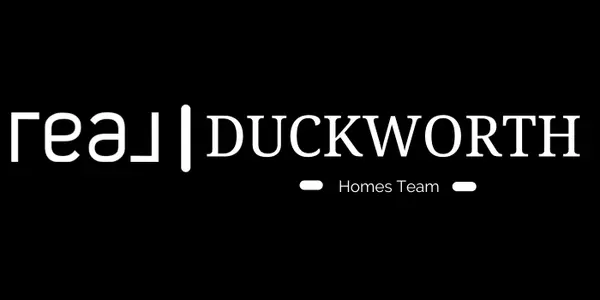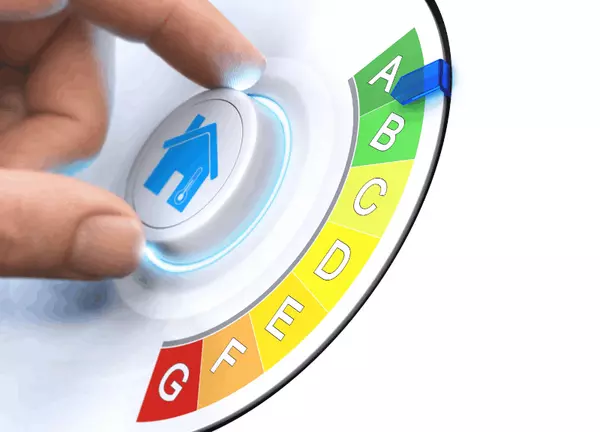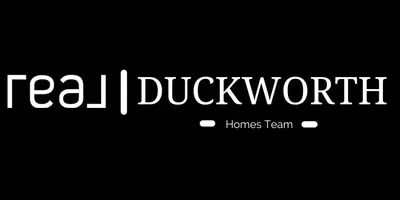Navigating Home Appraisals
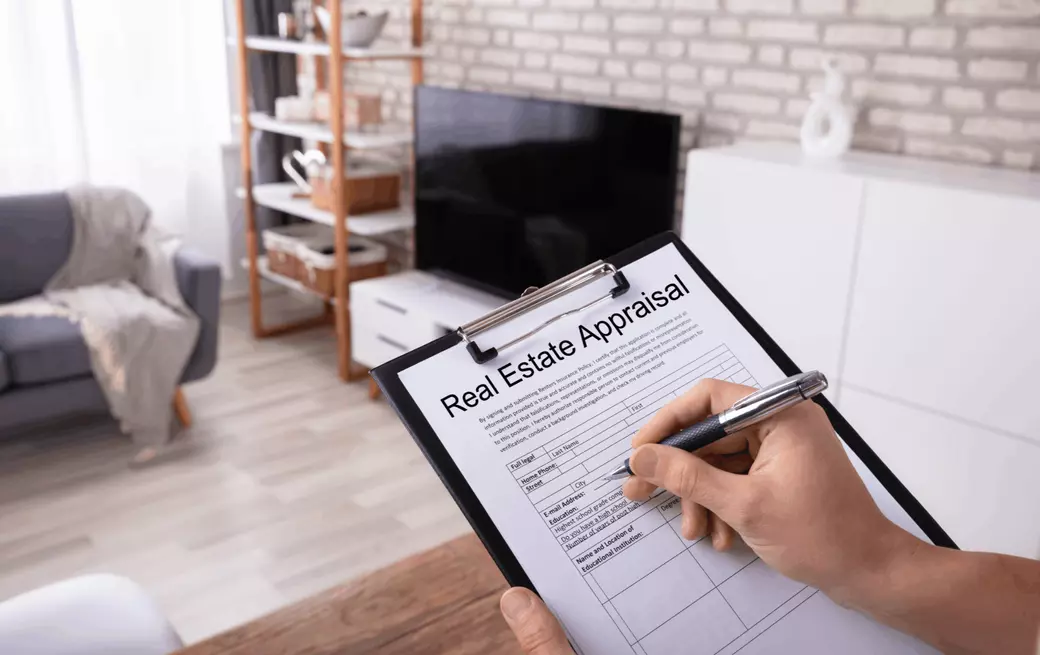
Navigating Home Appraisals: Essential Insights for Homeowners
Understanding the Value of Your Home: A Guide to Real Estate Appraisals
When securing a mortgage for a home purchase, a crucial step is the real estate appraisal—a professional’s evaluation of a home’s market value. This article delves into the appraisal process, revealing what appraisers examine, the costs involved, and tips to prepare your home for assessment to make sure you maximize your home value!
We will go ahead and outline several components of an appraisal for you in this article. An appraiser's job is to analyze the home's condition, comparable homes recently sold in the area, and home improvements that could affect the property's overall value.
Appraisers will give their most professional opinion to come to their appraised value amount, but it's essential to understand what factors they analyze throughout the home.
If an appraiser concludes that the home falls below the amount the buyer has offered to pay the seller, then both the buyer and seller are faced with what is known as an appraisal gap. It would be best if you spoke with your trusted real estate agent to find a solution.
The Role of Home Appraisals in Real Estate Transactions
For both buyers and sellers, home appraisals are pivotal during the purchasing journey. The appraisal serves to assess and estimate the home's market value comprehensively.
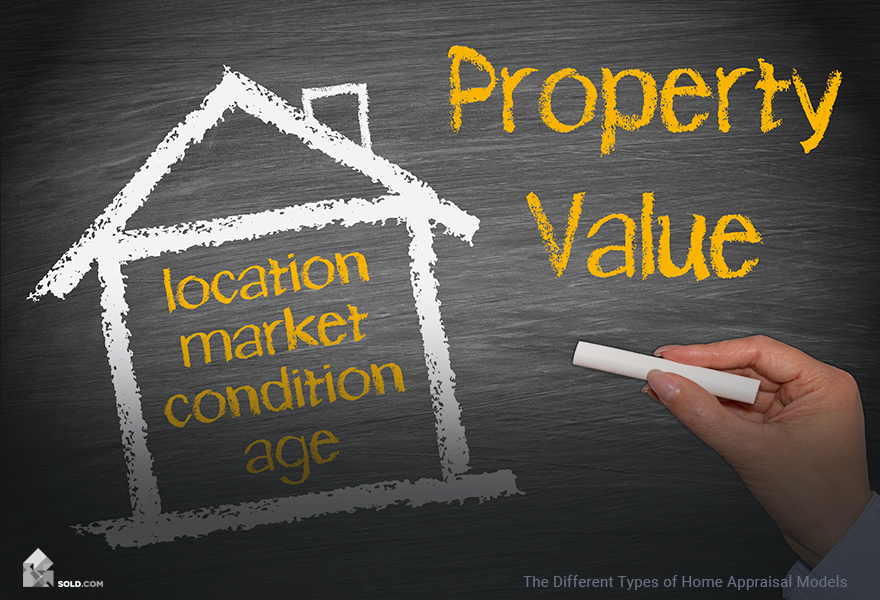
Components of a Home Appraisal
Appraisers meticulously consider the home’s condition, local market trends, and any home enhancements that might influence the property's value. Their analysis culminates in a professional and unbiased appraised value, which, if lower than the offer, could lead to an appraisal gap—this is where your trusted real estate agent from Duckworth Homes steps in to navigate potential solutions.
Appraisal Essentials: What Do Appraisers Examine?
Appraisers assess numerous aspects of a property. They start from the exterior, scrutinizing the foundation, siding, and even the landscaping to gauge the visual appeal and any potential noise disturbances. This article will help you outline what you can do in your home to help maximize the value. They’ll also explore the interior, from square footage to the state of appliances and the presence of leaky fixtures—all contributing factors to the final appraised value.
Costs and Duration of an Appraisal
The cost and duration of a home appraisal can vary based on several factors, including the location of the property, its size, the complexity of the appraisal, and the current demand for appraisal services in the area.
-
Cost: The typical cost for a residential home appraisal in the United States ranges from about $300 to $500, but it could be higher for larger or more complex properties. In high-cost areas or for properties with unique features, such as large estates, historical homes, or properties with special amenities, the cost can exceed this range.
-
Duration: The on-site inspection part of the appraisal process usually takes a few hours, but the entire process from scheduling to receiving the final report can take anywhere from a few days to a couple of weeks. The timeline depends on the appraiser's schedule, the complexity of the appraisal, and the time needed to research comparable sales and compile the report.
It's important to note that these figures can fluctuate based on market conditions and regional differences. For the most accurate and current information, it's advisable to consult with local real estate professionals or appraisal services.
Preparing Your Home for an Appraiser
Preparing your home for an appraisal is important because it can potentially impact the appraised value. A well-maintained, clean, and orderly home can leave a better impression, which might influence the appraiser's perception of its condition and value. Here are some steps to prepare your home for an appraisal:
-
Clean and Declutter: Ensure your home is clean and free from clutter. A tidy home allows the appraiser to move through easily and see all aspects of the property without distractions.
-
Make Minor Repairs: Address any small issues like leaky faucets, missing door handles, or chipped paint. These small fixes can improve the overall impression of your home.
-
List Recent Improvements: If you've made any recent upgrades or improvements (like a new roof, HVAC system, renovations, or major landscaping), make a list to provide to the appraiser. Include dates and approximate costs of these improvements.
-
Enhance Curb Appeal: First impressions matter. Mow the lawn, trim hedges, clear walkways, and possibly add some flowers or potted plants to enhance the property's exterior appeal.
-
Document Maintenance: Provide records of regular maintenance or servicing you've done on your home, such as servicing HVAC systems, pest inspections, or chimney cleaning.
-
Ensure Accessibility: Make sure the appraiser has access to all areas of your property, including basements, attics, and any locked areas. This complete access is necessary for a thorough appraisal.
-
Address Pest or Mold Issues: If you have known issues with pests or mold, address these problems before the appraisal. These issues can significantly affect your home's value.
-
Prepare for Questions: Be ready to answer questions about your home and neighborhood, such as community amenities, school district quality, and nearby conveniences.
-
Safety Measures: If there are any safety issues, like loose railings or broken steps, fix them before the appraisal.
-
Neutralize Odors: If you have pets or if there's a lingering smell of smoke, take steps to neutralize odors. Bad smells can negatively impact the appraiser's perception.
Remember, while these steps can help present your home in the best light, the appraised value will ultimately depend on factors like market trends, location, size, and comparable sales in your area.

Understanding Comparable Sales
Comparable sales, often referred to as "comps," are a critical component of the home appraisal process. They are recently sold properties that are similar to the subject property in terms of location, size, condition, and features. Appraisers use comps to help determine the fair market value of the home being appraised. Key aspects of comparable sales include:
-
Location: Comps should be in the same neighborhood or a similar area as the subject property. Proximity is crucial because it ensures the properties are influenced by the same market conditions.
-
Recent Sales: Ideally, comps should be recent, typically within the last 3-6 months. This time frame ensures that the comparison reflects current market conditions.
-
Property Similarity: Comparable properties should be similar in key features such as size (square footage), number of bedrooms and bathrooms, age of the property, and lot size.
-
Condition and Upgrades: The overall condition and any upgrades or renovations are also considered. A home with modern renovations might be compared to similar updated properties.
-
Sale Type: The nature of the sale matters. For instance, a property sold under normal conditions is a better comp than one sold under distress (like a foreclosure).
-
Adjustments: If there are differences between the subject property and the comps, the appraiser makes adjustments to the value of the comps. For example, if a comp has one more bedroom than the subject property, the appraiser might adjust the comp's sale price downward to account for this difference.
Comparable sales are essential for a reliable appraisal, as they provide concrete data on how much buyers are willing to pay for similar properties in the same market. This information helps lenders, buyers, and sellers make informed decisions about property value and pricing.
Navigating an Appraisal Gap
An "appraisal gap" refers to a situation where there is a difference between the appraised value of a property and the agreed-upon sale price in a real estate transaction. This gap can occur in various market conditions, but it is especially common in a seller's market, where high demand and low supply can drive property prices above what might be considered their typical market value.
For example, if a home is under contract for a sale price of $300,000, but the appraised value comes in at $280,000, there is a $20,000 appraisal gap. This gap can pose challenges for both buyers and sellers:
-
For Buyers: Most lenders provide financing based on the lower of the sale price or appraised value. In the case of an appraisal gap, the buyer may need to cover the difference out of pocket, renegotiate the sale price, seek a second appraisal, or potentially walk away from the deal if these options aren't viable.
-
For Sellers: An appraisal gap can lead to renegotiation of the sale price, especially if the buyer is unable or unwilling to cover the gap. Alternatively, the seller might need to find a new buyer who can pay the higher price without financing or who is willing to cover the gap.
In some cases, buyers might anticipate potential appraisal gaps in hot markets and include clauses in their offers to indicate they are willing to cover a certain amount over the appraised value, up to a specified limit. This can make their offer more attractive to sellers in competitive bidding situations.

Final Thoughts on Appraisals
A well-informed approach to the appraisal process can significantly influence the home-buying or selling experience. Being prepared for any outcome is key, and Duckworth Homes is here to support you every step of the way.
If you are interested in a move to the Rhode Island or Massachusetts area, contact us or visit our website. Our team at Duckworth Homes is here to help you with any home buying or selling process.
Categories
Recent Posts


